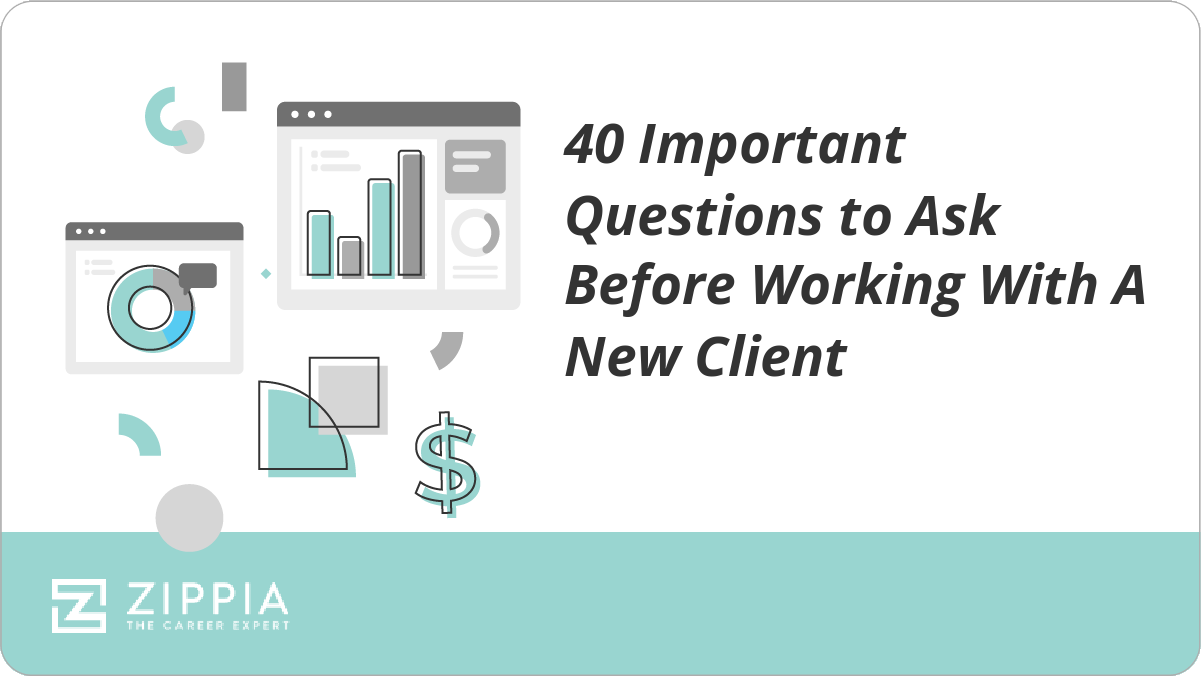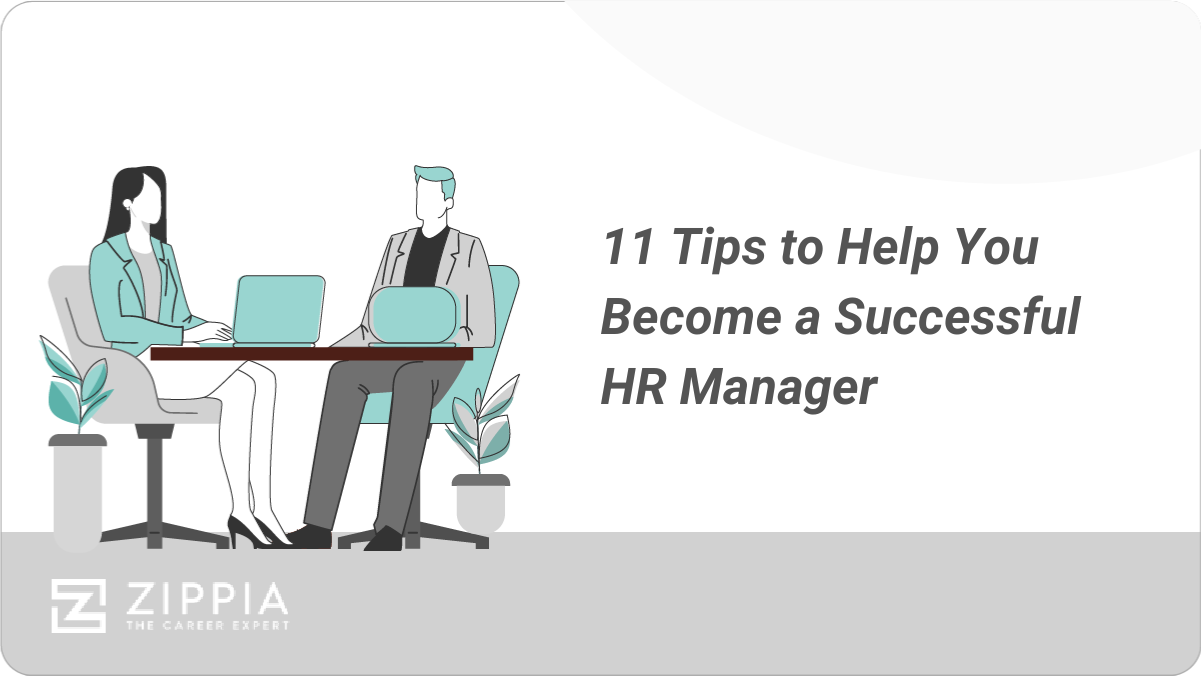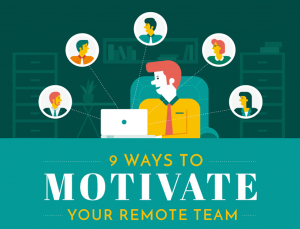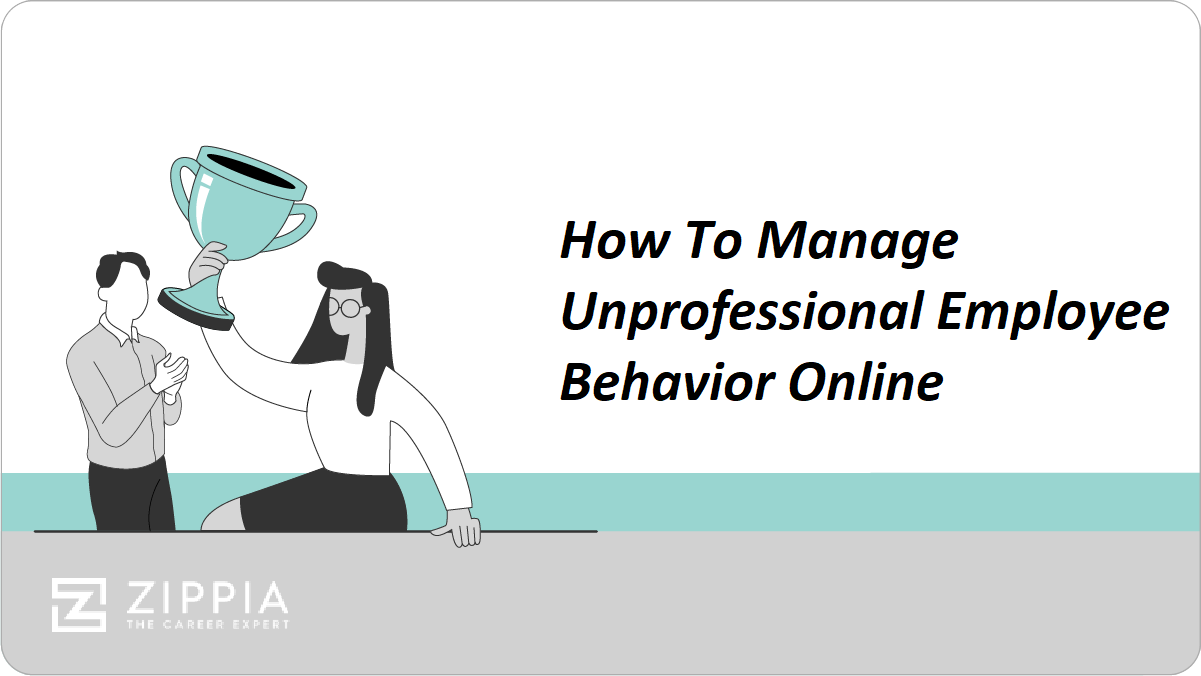Recruiting new clients is sales. Often it’s hard to describe, but there’s something about the ‘thrill’ of winning a new client. Perhaps you’ve had your eye on them for a while; maybe you’ve snatched them out of the hands of your competitor; or perhaps they’ve tracked you down as a result of the reputation you’ve been building for yourself.
No matter how the client came to you, it’s important to ask them the right questions to know how you will be able to solve the problem they have. Below are 40 questions to ask your client before you work with them.
Key Takeaways:
-
The answer to the questions you ask can help you determine if you are able to work with them or not.
-
Practice active listening when the client is answering questions.
-
It’s important to identify the problem and figure out if the problem requires a long term or a short term solution.

40 Questions to Ask Before Working With a New Client
-
If you’re not responsible for recruiting for your team or company, who is?
I can’t tell you how many of my recruiters over the years would tell me they were having great sales calls and going out to great client visits with new contacts who it later turned out had no decision making power in the recruitment process at all. I appreciate it’s probably another symptom of the KPI pressure syndrome I alluded to earlier, but if they are not the decision maker, it’s a complete waste of time.
-
How long has your vacancy been open for?
Naturally you would only ask this question if there is an actual requisition for you to work on. Would you really want to take on a brief where your client has been trying to fill a role (clearly unsuccessfully) for over 6 months? Or would you rather your client tell you that she just received a resignation earlier in the day and you are the first (and hopefully only) recruiter she wants to speak to?
-
How far into the recruiting process are you?
This is a slightly different question to the one above – so you can decide which one you ask. The response to this particular question could reveal whether your client already has candidates at second interview and just wants to see what else is out there; Or whether they have made offers to several candidates only to have had them all turned down. Alarm bell perhaps?
-
How many people have you already interviewed for the role?
Once again you’re only asking this question if there’s an actual brief to work on. If the role has been open for months and your client hasn’t deemed any candidate suitable for interview, you will need to probe further to find out why. I once had a client tell me he had interviewed over 70 people for a role but “just didn’t like any of them“. I professionally walked away (post ‘hero complex’).
-
What are the consequences of this position not being filled?
What you hear in response to this one reveals a lot. “Oh we can make do with the team we’ve got. Everyone can take on a few more tasks” vs “We’re so stretched that if I asked any one else to work any harder, I’ll be faced with more resignations“. Whilst you never want to feel any added pressure, at least you know where you stand and you can determine whether you’re happy to be micro-managed by your client since there’s a bit of a ‘desperation factor’ to deal with.
-
How large is your team currently?
This question is just part of your typical information gathering to learn as much about your client’s team or organization as possible.
-
What is your hiring plan over the next 6 – 12 months?
Does your client even have a hiring plan? Are they being (typically) reactive and briefing you on a vacancy in a mild state of panic? Or have they carefully thought out the roles they plan to bring into the business in the months ahead? If you’re going to be a true recruitment partner, you want to be able to work methodically and to a specific plan. It’s a win win for everyone involved.
-
Why do people typically stay with your organization?
Hopefully you get some decent responses to this question, since they will really help you in your candidate interviews. Often the answers will reveal more about the company culture, vision and values and this type of information is invaluable. I have never once had a client say “because we pay well” in response to this one.
-
What are your pain points when it comes to hiring?
Are they not finding any candidates? Are they not finding the right candidates? Do they not understand how to run a proper recruitment process internally? Perhaps they just don’t have the time to properly assess all the applications. I once had a client tell me that there were 17 managers involved in the interview process and the leadership team could never reach a consensus. That was their biggest pain point.
Hint: If you hear that one, put on your consulting hat before your recruitment hat.
-
Think of your top performers. Where / how did you find them?
If there is a common pattern in terms of a successful sourcing channel, competing company, or type of advertising message that has worked in the past, why reinvent the wheel? You might want to go a step further and ask to speak to some of these top performers to find out what really attracted them to the organization in the first place.
-
How structured is your hiring process?
“Oh we flick through a few resumes and try to get people in as quickly as we can“. I’ve heard that one many times before. I have also had clients show me a detailed workflow for their hiring process and point out where they could see me fitting in. If you’re dealing with a ‘resume flicker’, you may want to walk away, since even if you find them a diamond in the rough, they may not even decide to meet the candidate.
-
What (if any) recruitment metrics do you track?
It’s amazing how many clients are totally thrown by this simple question. Once again you may need to put your consulting hat on to talk through the importance of recruitment metrics before agreeing to recruit for them. After all you don’t want them to be 100% focused on the number of resumes they receive from you. Coach them to focus on the quality of hire and ideally their offer to acceptance ratio.
-
Who is involved in your recruitment process?
I know I alluded to this in Question 9, but it really is important for you to know exactly who (other than the person you are talking to) is involved. If you sense that it’s going to be a case of ‘too many cooks’ (like with the example of 17 people sticking their noses in) it’s your job to say something. If you don’t, then all your hard work may result in nothing (especially if you are running a contingent business).
-
On average, how long does the process take to hire?
It probably won’t surprise you if I told you that the client with 17 ‘decision makers’ started recruiting for their ‘key role’ in October and I met with them in the following April and they were still no closer to filling the vacancy. Once again for a contingent recruiter there could well be major alarm bells ringing depending on the response to this question.
-
How does recruitment fit into your day-to-day schedule?
Is recruitment really a top priority? If so you’re in luck since your client will take you seriously. They will probably provide timely feedback (which will make your job so much easier) and the process will probably move along pretty smoothly. Assume the role of “consultant in control” if you sense a lengthy or delayed process. After all you don’t want to find yourself back to square one (and with no fee up on the board) because all your top candidates bailed because the process was taking too long.
-
How would you rate your ability to recruit?
This will reveal a lot too in terms of how smoothly the process will run. How involved are they going to be? Are they going to trust your judgment and the shortlist you provide? Do they even know how to run an interview? Or are you going to provide them with an A-grade candidate who will call you after their meeting and tell you they’re not interested because your client couldn’t conduct a professional interview. This has happened to me many times before.
-
How would you describe your interview technique?
This one flows nicely on from the question above. It’s your job to ensure your client knows how to conduct a candidate interview. Of course if you still think you can’t trust them, you could either offer to come into their offices and help them run the interviews, or provide them with a guide that will help them run a professional interview.
-
How long do your hires stay on average?
Trust me you don’t want to start working with a client who has hemorrhaging staff. Stop thinking about the fees for a moment, and think about the replacements you’ll need to find or the guarantees that will be invoked. It’s just not worth it. If your client tells you that people stick around for several years, that should give you a bit more confidence. But if you’re asked to fill a role that has had 4 people churn through it in under a year, you should probably run (professionally of course!).
-
Where do you feel your salaries sit based on current market rates?
Sure it’s true people take a job for more than ‘just’ the money. But if the salary is well below market rate, even if you are a star recruiter, you probably won’t be able to convince a candidate to accept a role where they are paid less than they feel they’re worth. Get that consulting hat out again … and if the client can’t pay market rate, there are other prospective clients out there who will.
-
What has your staff turnover been like in the last 12 months?
Unlike Question 18 which probed on staff tenure in general, the response to this question will give you the lay of the land in terms of what is happening inside the business today. If you are comfortable with the response, then go ahead and work with the organization. If you are not, then you need to find out exactly what has been the cause for an unacceptably high turnover rate.
-
Why are you actually looking to fill this particular role?
Obviously if there is a role to fill, you want to find out why. Have they won a new account which requires new account managers immediately? Have they just received the 4th resignation in a 2-month period? Does your client think that one of the team might resign in the next few weeks and so they’re just wanting to put the feelers out? Please don’t be a typical ‘yes person’ recruiter here. It’s OK to say no.
-
What channels are you currently using to source talent right now?
Listen carefully to what your client says in response to this one. Have they exhausted all avenues with no return? Are you really going to be able to do anything dramatically different and pull a rabbit out of a hat? If your client has already tapped into the same channels that you plan to tap into and hasn’t been able to source a candidate, then get the hard hat ready, since I have no doubt you will end up banging your head against a wall.
-
What is your candidate pipeline looking like right now?
Has your client (or prospective client) built a talent community that they are taping into? Do they already have candidates lined up for interview? Or is the pipeline empty which means you are working off a totally clean slate?
-
Other than salary, what perks or benefits do you offer staff?
I’ve already explained that people take a job for more than ‘just’ the money. But your candidates will want to know what other benefits and perks exist. Is your client happy for team members to be distributed and work remotely? Can staff park on site? Is there childcare provided? What about meals for staff working late? Listen out for more than just a good health or dental plan!
-
Why did your last employee leave your organization?
You can ask this one along with the question around turnover. Once again this one is pretty specific and you need to listen carefully for the response. If you receive the clichéd “they were looking for a new challenge“, you must probe further. If there was a clash with a line manager, or if the job didn’t turn out to be what was promised, it’s your job to find out why.
-
What would you define as a good relationship with a recruiter?
Listen carefully since the response here could really be the make or break. If they speak badly of every other recruiter they’ve ever worked with, can you be 100% sure that they won’t add you to the black list? If the traits your client describes are ones you know you possess or you are comfortable in your ability to deliver on their expectations, then you have my blessing.
-
How does hiring fit in with your overall company growth plans?
Whilst you may think there’s quite a bit of overlap between this question and others outlined above (e.g. Question 15), you need to ascertain how important recruitment is in the grand scheme of things. If hiring is right up there with sales and marketing in terms of the company’s overall growth goals, this is a good thing. If you get the feeling that hiring is simply looked upon as a necessary evil, you probably want to source another client.
-
What is your current cost per hire?
If your client can’t answer this one, or at least doesn’t know where to find the answer, then you should let them know the importance of recruiting metrics. You can explain that the cost per hire is simply the total recruitment costs divided by the number of hires. You might also want your client to think about the efficiency ratio – which is the total recruitment spend over a particular time divided by the total salaries of the new hires during that same time period.
-
What is your current offer to acceptance ratio?
Why are candidates choosing not to accept job offers from your client or at least from the organization? Are there any particular trends? Once again, especially if you are running a contingent business, you don’t want to provide a shortlist of star candidates who your client thinks are awesome, but who all end up turning the offers down and either taking other jobs or asking you to keep looking elsewhere for them.
-
How do you currently measure the quality of your hires?
Is quality measured purely subjectively or is there at least some form of objective evaluation involved? The definition of the quality of their hires should be aligned to the original performance profiles, results descriptions or success expectations.
-
What does your employer brand say about your organization?
It’s always interesting to hear a prospective client’s perception of their own employer brand. Do they believe it’s strong enough to attract the best candidates? You should ask them when they last had a look on Glassdoor to see what their existing employees are saying about the company.
-
How do you measure candidate satisfaction?
Maybe they don’t measure candidate satisfaction at all. I have had plenty of clients over the years tell me that they send a survey out to all recent hires to ask what they thought of the recruitment process. Here’s a tip. You need to suggest they also survey any candidates that experienced any part of the recruitment process – especially the candidates that were not successful. Yes … as the recruiter you will also be assessed here. But that’s a good thing!
-
How do you measure staff engagement?
Too many organizations assume that if they don’t hear any complaints then nothing is wrong. You know that nothing could be further from the truth. Once again putting your consulting hat ahead of your recruiting hat, knowing the results of staff engagement surveys before you start interviewing will really help you sell the organization to prospective candidates.
-
If you don’t engage a recruiter, how do you plan on growing the team?
This is another way to ask how serious your prospective client is about recruiting, or whether you’re really being viewed as a second class citizen or as a last resort. You’ll know where you stand pretty quickly on this one but this question is one which often seems to catch people off-guard, giving you a greater sense of how valued you may become in the hiring process.
-
What is the toughest role to fill right now? Why?
Like with some of the other questions outlined above, you will quickly learn a lot about whether it’s hard to find the right talent; whether good talent are being sourced but for whatever reason are turning the offers down; or whether a particular hiring manager has completely unrealistic expectations resulting in the eternally open vacancy. You need to probe. Remember … it’s OK to walk away.
-
What do you look for in a recruitment partner?
If you decided not to ask Question 26, then you should definitely ask this one. Is your prospective client literally just after a bum on a seat? Or are they looking to build a relationship with a trusted recruitment partner who won’t just help them recruit one role, but will be their go-to recruiter for all future roles in the business?
-
Who signs off on the recruitment budget?
I know you’ve already asked whether the person sitting across from you is responsible for hiring. But you also need to know who is approving the recruitment budget. There are actually 2 sub-questions you need to ask here: Has your client had approval to bring someone new into the business (ie has a new salary been approved)? And has there also been approval for a recruitment fee? That’s the part you need to hear a clear yes on. If there’s any hesitation, wait for written confirmation that your potential placement fee has been approved.
-
What is your hiring budget?
It’s all well and good to know that there has been budget put aside to engage you as an external recruiter. But what exactly is that budget? You don’t want to go into fee negotiation (reduction) mode after you’ve identified (or even placed) a star candidate. You need to know up front that they have realistic expectations around what they need to spend. Of course you also need your Terms of Business signed before you even think about starting the process.
-
What talent assessment tools do you include in your recruitment process?
Are they going to rely on their gut feel? Are they going to take your word for it and offer whoever you tell them is the best candidate (subject to reference checks of course)? Or do they plan to include some form of personality assessment, psych test or behavioural test before making the final decision? Remember it’s your job to stress that whilst all these tests should be part of the hiring process, they should never allow the tests to become the ultimate decision making tool.
-
What is stopping you from engaging me right now?
I’ll admit that it took me a few years to build up enough confidence to ask this question so early in the relationship building process. But once I started asking it up front, it was amazing what I learned. I can tell you now this question will save you a lot of pain since often the one thing stopping them is that they haven’t got final approval to use a recruiter. Now that’s an alarm bell if I’ve ever heard one.
New Client Information FAQ
-
How do you get better communication with your client?
To have better communication with your clients, it’s important to ask them the right questions without them feeling overwhelmed. Asking these questions help you and the client get on the same page with what is needing to get done. Some questions to ask them before starting a project include:
-
What’s the problem you’re trying to solve?
-
What will success look like to you?
-
Are there any challenges that would prevent you from being successful?
-
-
What steps should be taken during a consultation?
The first steps to a successful consultation include identify the problem, get the right person to solve the problem, and provide them with the right information. When providing them with information on the problem, make sure that you are giving them the unbiased facts that will help them succeed.
-
How do you build a relationship with a client?
To build a better relation ship with a client, you should listen to them and ask question to clarify anything. Another thing to do to build a good relationship with the client is to develop excellent customer service. All of your customers should be receiving the same treatment from all of your employees.
-
What are key questions to understand the client needs?
The key questions to identify a customers needs include:
-
What is the business problem the customer has?
-
Is the problem a short term or a long term problem?
-
What measures were taken to deal with the problems?
-
- Management
- Guide to Customer Retention
- Management Abbreviations
- Innovation in the Workplace
- Zappos Hiring Case Study
- Why a Clean Workspace Is Good for Business
- Tips for HR Magement Success
- How to Achieve Better Results With Your Team
- Working With a New Client
- What Is Market Mapping
- Managing Unprofessional Online Behavior
- Morale-Boosting Activities
- Understanding Your Team
- Signs of a Bad Hire
- How to Spot Leadership Potential
- Quality Management Implementation
- Goal Setting Tips for Business Owners
- How To Create An Effective HR Business Plan
- How To Avoid Nepotism
- Safeguarding Procedures For HR Managers
- How To Create A Productive Workplace
- The Power Of Strategic Partnerships
- Advice From Successful Business Leaders
- Why You Should Network
- How To Manage Up
- HR Titles
- Corporate Retreat Ideas
- What Is An Employee ID?
- What Is Employee Self-Service?
- The 4 Ps Of The Marketing Mix
- How To Be Flexible At Work
- What Is Greenwashing?
- What Does A Chamber Of Commerce Do For Businesses
- How To Write A Sales Introduction Email
- A Guide To The Critical Path Method
- What Is A Change Agent?
- How To Build Your Employer Brand
- How To Have Effective Meetings





